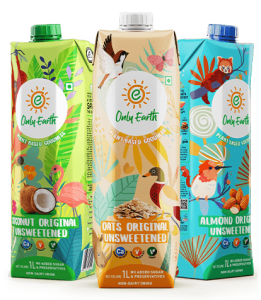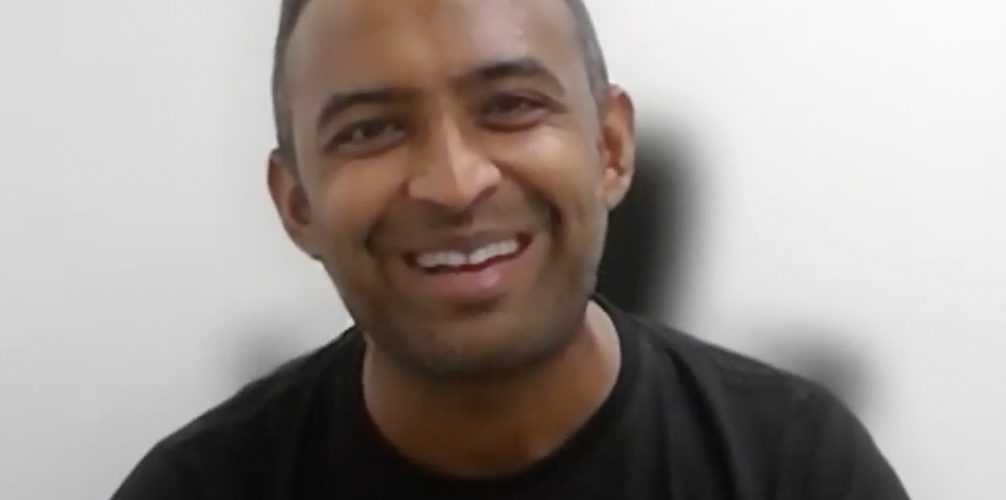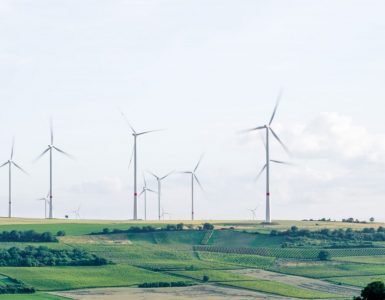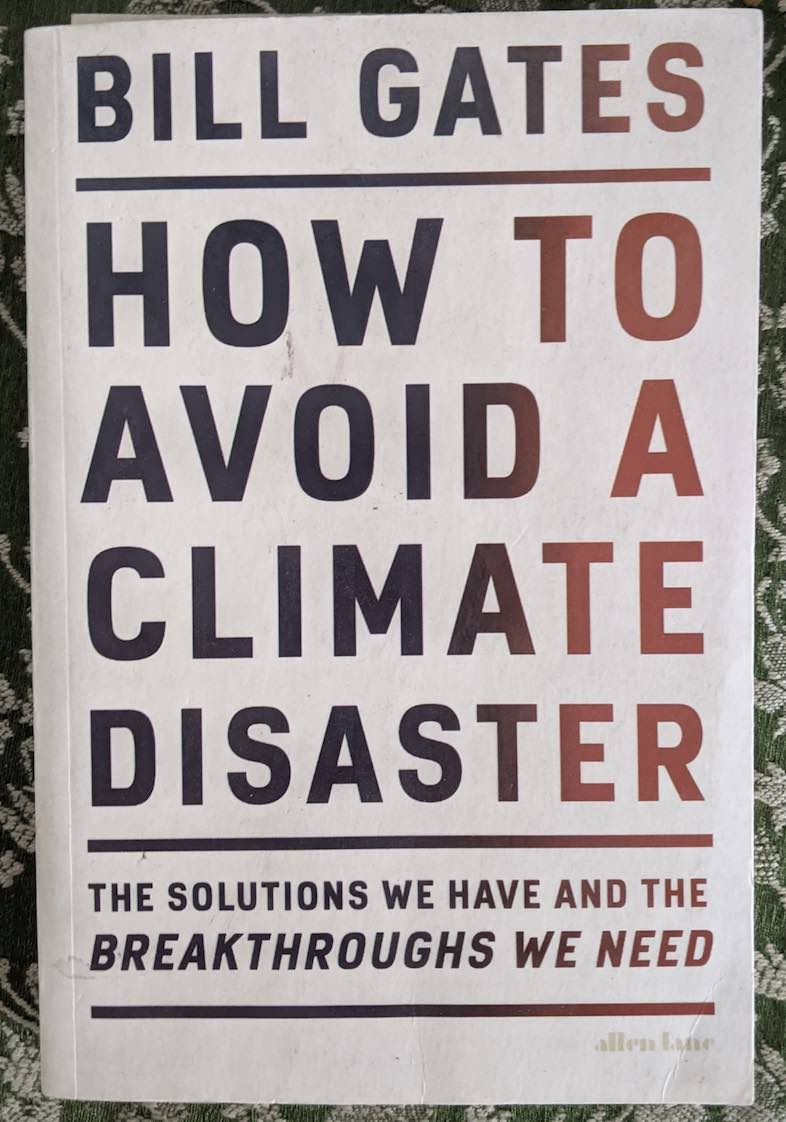UN data finds that 31 percent of human-caused greenhouse gas emissions originate from the world’s agri-food systems.
While the food system consists of many things, one of the most important and common components in the mix is Milk.
Dairy products is being used for many millenniums by people across the globe for a variety of purposes. However, the problem is that milk is also one of the major contributors to greenhouse gas emissions. The amount of land used, water consumed and emissions generated across all stages of milk production, including animal farming, milk processing, packaging, and transportation is extremely high.
Scientific studies have indicated that non-dairy options are much better for the planet than animal-sourced milk for several reasons. The environmental impact of the production of plant-based milk is lower than that of traditional milk. This is mainly because plant-based milk needs less land and water and also generates a lower amount of greenhouse emissions.
We sat down with Kunal Mutha, Founder & Managing Director of Only Earth to understand his perspective on the plant-based milk industry, his personal journey, and extremely interesting ideas behind Only Earth packaging.
Only Earth is a plant-based milk company from India, that has launched several non-dairy milk options to consumers in India. The products are available in retail stores, and e-commerce platforms and are also used in cafes and Hotels like Mariott and Oberois. Headquartered in Singapore, Only Earth wants to spread its wings to international markets as well.
Below are the edited excerpts of our conversation, for the full discussion you can watch the video on YouTube.
Tell us about your journey?
I started my entrepreneurial journey in 2013 in the packaging sector. After six years of running it successfully, our business got acquired by a multinational company.
In 2018, I became vegan and started to focus on my health, nutrition, and fitness.
In parallel, I also started exploring new business opportunities and looked into areas like automobiles, aerospace, and information technology, and finally, I stumbled upon the plant-based food industry. I have to thank my vegan lifestyle, which gave me a chance to see a business opportunity in this space.
What made you select the plant-based food segment as your business?
The problems with the food business is a huge, the number of emissions it generates and its impact on our health. However, my primary concern with food is animal cruelty, which is the biggest motivation for me to become vegan. As I learned more about the animal agriculture industry, I shivered to see videos of young animals being slaughtered and treated harshly.
In addition, I am Jain and the first principle that Lord Mahavira taught was Ahimsa i.e. non-violence and that’s been a value system for my family and me.
Therefore I felt if I am able to move people away from animal products over a sustained period, I would call myself successful.
Can you elaborate more on the negative aspect of the dairy industry?
Dairy is a massive industry in the Indian economy and generates good income for the farmers. However, over the years, many unhealthy and unsustainable practices crept into the business – like approximately 80% of the total consumption of antibiotics happens in the animal sector and about 80% of our farmland is used for growing food for animals.
Generation of milk happens for any mammals when they are pregnant, in the case of animal agriculture, animals are impregnated multiple times with medicines so that they produce milk until they are exhausted and stop giving milk. After that, from milk business perspective cows become worthless and they are sent to the slaughterhouse.
Similarly, when a cow gives birth to a male calf, many times either they are left on the roads or sent to slaughterhouses.
A lot of people think that by drinking milk, they are not part of the cruelty, but you are part of the chain, the portion of meat is either exported or eaten by someone else. I feel everything is linked together and for the same reason, I became vegan as I did not want to be part of that chain.
Do you want to highlight the aspect of resource inefficiencies and greenhouse gases?
Cows are one of the most inefficient animals as it needs a lot of resources to produce their milk. As per some studies, it is found that producing 1 liter of cow’s milk requires 600 liters of water. If you compare it with plant-based milk, oat milk requires only 50 liters of water to make 1 liter of oat milk.
Alongside, the methane emission, which is much more harmful than Carbon dioxide, is produced in large quantities by cows (through burps, or farts). Having said that, the problem is not the cow, but the number of cows that are used as part of animal agriculture.


When did you launch your Only Earth product?
We started the ideation in 2020 but launched our products in June 2021.
What was your thought process behind launching different plant-based milk products?
If you speak to people who drink plant-based milk, they have their own choices. Like some will only have soy milk because they are looking for proteins or it is affordable, while some will drink Almond milk because of the calories, while others prefer oats milk because it has a neutral taste and coconut milk is a new category that is used for a variety of drink options.
With the Only Earth brand, we wanted to offer a whole basket of plant-based milk to consumers. Beverages will be our focus category but will expand into other product categories as well in the future. In terms of market, India will be the main market but we will explore other regions across the globe as well.
Tell us about your product and how is it received in the market?
We did not want to be just another company. We have established a team in-house that is working on product innovation. Many of our raw materials like oats and almonds are sourced from outside India as we wanted the best ingredients to go into our plant-based milk options.
We are proud to say that we have the tastiest plant-based milk option on the market today. We are hearing positive responses from many of our customers and partners, including the cafes and hotel chains like Mariott, and Oberois who use our products.
Indian consumers don’t just drink milk but they use it for a variety of purposes. How do you see plant-based milk filling that space?
We are already seeing plant-based milk being used in a variety of segments like pastries, yogurt, cheese, and sweets, among others. Having said that, the plant-based industry is very small and it will only be going to expand from here and products will get better.
We need to understand that sixty percent of our population is lactose intolerant, hence it is important that these milk drinkers look at alternate options. However, plant-based milk is currently an expensive option because the volumes are small and that will make it harder for dairy consumers to switch.
Therefore, I feel, both the industry will co-exist, and it’s not like plant-based milk is going to replace dairy. People who become conscious of the environment, animal cruelty, and health reasons will adopt plant-based milk options.
How do you see the plant-based milk market evolving in India?
There are a few players in the market like Raw Pressary, Sofit, Epigamia, and So Good, among many others including the imported ones. For a small pie, we already have many players and I think this competition is very healthy.
This industry will grow and at the same time, it will be very competitive. There will be players including Only Earth who will try to build their own share of the audience.
Over time as consumers will get more concerned about climate change, cruelty, and other health issues, they are going to make the switch sooner or later. As more consumers adopt, companies will reach economies of scale and prices will also drop which will further push the sales.
How are you taking care of manufacturing?
Currently, we are manufacturing in Thailand and the main reason for doing it outside India is because of the packaging. We have used the Tetra Prisma pack as we wanted to stand out in terms of packaging and it is not available in India
Speaking of packaging, your packaging is really unique, what was the idea behind it?
With our products and packaging, we wanted to bring awareness to things that are happening on Earth. The impact of climate change is seen every other day, in form of the melting of ice caps, increase in the number of cyclones and wildfires, and disruption of rain cycles – we wanted to create this awareness through our packaging.
In our product packaging, we have highlighted the reasons for shifting to a plant-based diet.
One of the key aspects of packaging is the endangered species. Every pack that Only Earth is going to launch will have information about one unique endangered animal on it.
Currently, we have Rhino on our oat milk pack, orangutan on the coconut one, and red panda on the almond one. Along with pictures, we also show the fact and try to create awareness about these animals. These animals might not exist in the next few decades if we are not aware of how our habits are linked to their decline.
While we sell our products, we want to create this awareness and show the plight of these animals through our packaging and communication on social media. Even the colors of the product packaging are related to the environmental initiatives we are supporting.
The Orange package (Oats Milk) is linked to wildlife conservation and we have tied up with an organization in Bengaluru for this. In addition, we will also enable an option for consumers to contribute to these initiatives. For example, if a customer wants to adopt an animal or feed an animal, they can make extra contributions.
The Green package (Coconut Milk) is for afforestation initiatives, we have planned for 100,000 trees in the next 5 years. There is also a discussion happening with a company to do tree plantations through drones.
The blue color package is for ocean conservation. We have done a project in 2021 in the Maldives for coral rehabilitation, whereby we planted 1600 corals underwater. Corals are as important as forests as the majority of marine life is dependent on them. Unfortunately, they are facing extinction as well.
Therefore through these initiatives, we have touched on three environmental aspects.
What was the idea behind the name Only Earth?
As our countries are progressing and people are moving out of poverty, there is an increase in aspiration levels as well, which is also leading to an increase in meat consumption. If people continue to have high meat-eating diets, we would need many more planets. Already 80% of our farmlands are being used to cultivate food for animals.
Therefore the idea is to highlight that we have only one planet and all of us need to protect it.
Are you looking for funding?
We are currently bootstrapped with the money we have mobilized from friends and family. Going forward we might need growth capital as we look to expand in India and other countries, therefore we will look for external funding.
How are the growing numbers looking
Currently, Only Earth products are available in retail stores in more than 25 cities and over 15 e-commerce platforms.
In terms of sales, sixty percent of our revenues are coming from offline retail and our quarterly growth is more than 100% and monthly revenues are approximately Rs 4 million.
What are your plans for the future?
Our vision is to take animals out of our food chain. Currently, we will focus on dairy alternatives which still need a lot of effort. Though plant-based meat is an exciting segment, we will stay out of it for at least the next couple of years.
What is your personal connection with nature and the environment?
I am an outdoor person in general and into sports and fitness and this helps me to spend time in nature. I get concerned about the status of the environment as we see in most of our cities. I really want to see it get back to where it was where people can live a healthy lifestyle, breathe pure air, have access to clean water, and eat clean food.
India is blessed to have so many natural resources, like the Himalayas on one side, a huge coastline on the other side, deserts, eco-sensitive zones, and many national parks. I really hope that we will be able to preserve this for future generations by doing whatever we can in our own way.
You can watch the full interview with Kunal Mutha, Founder & Managing Director of Only Earth on the Change Started YouTube channel.







Add comment